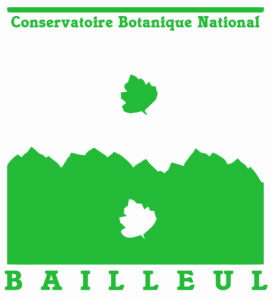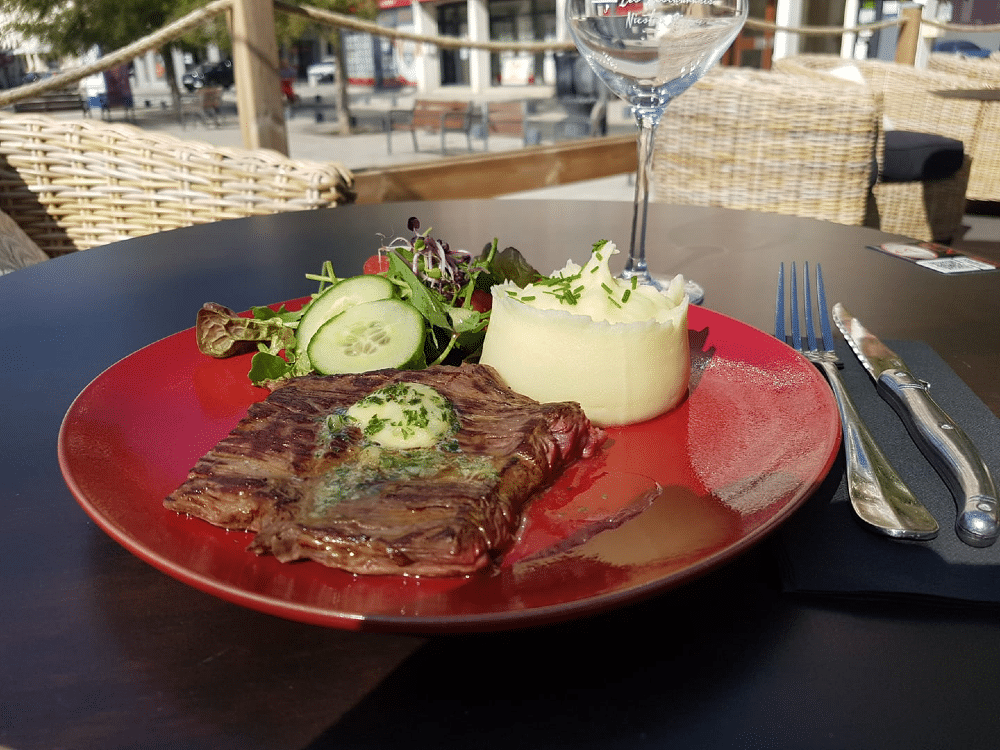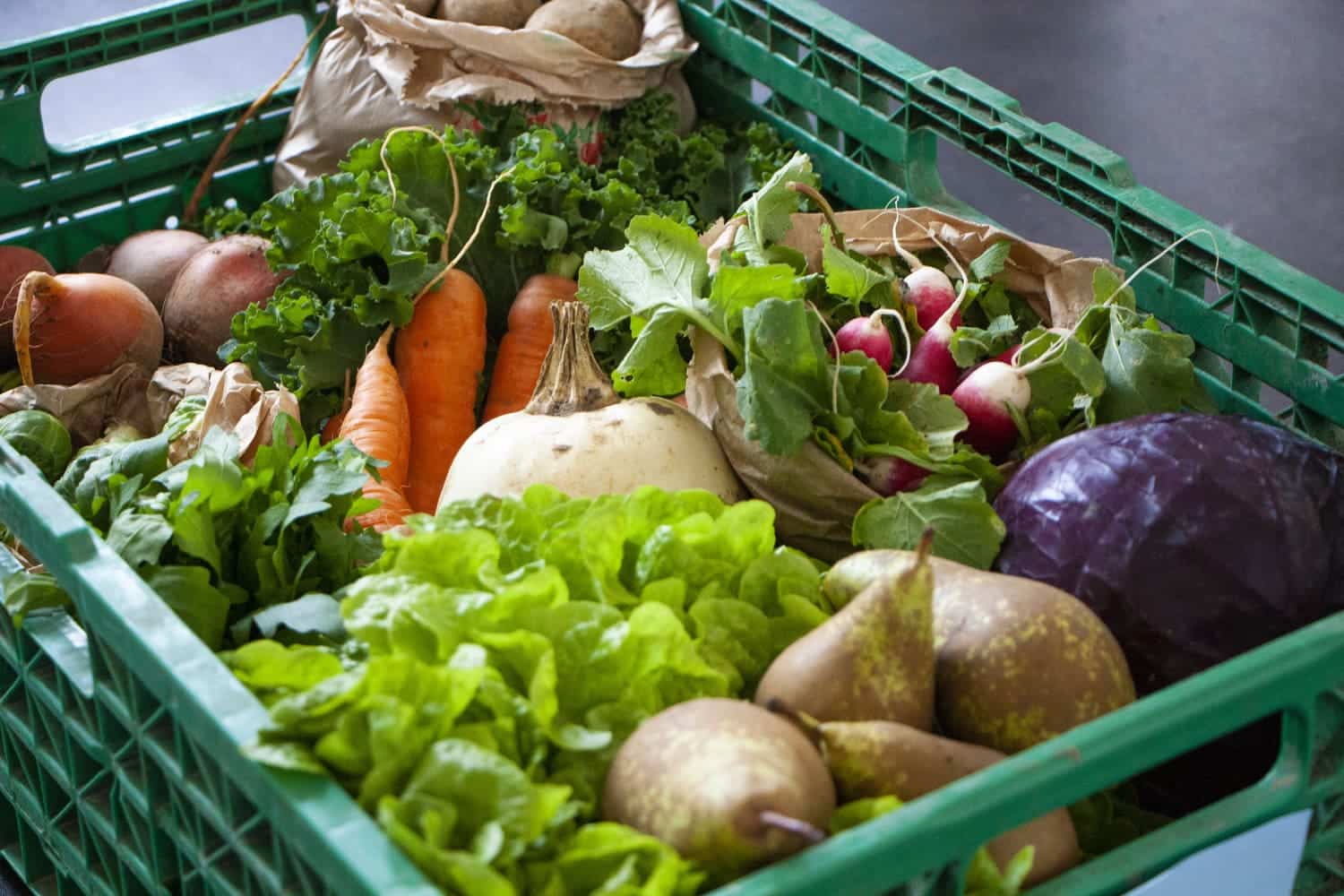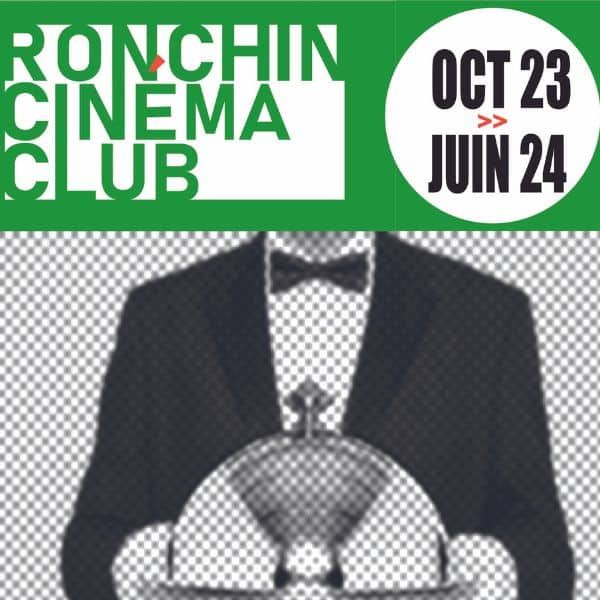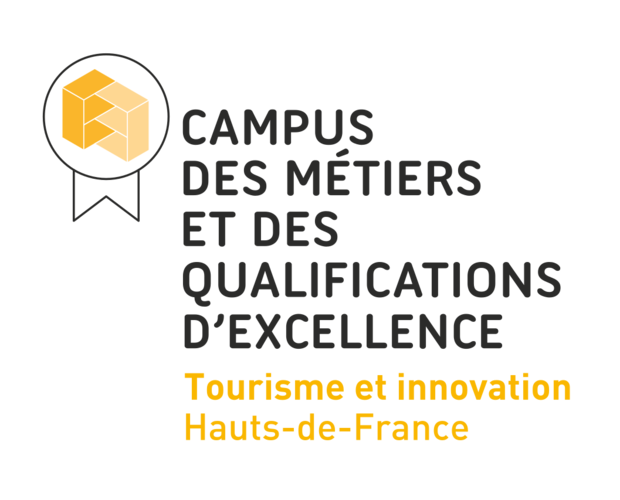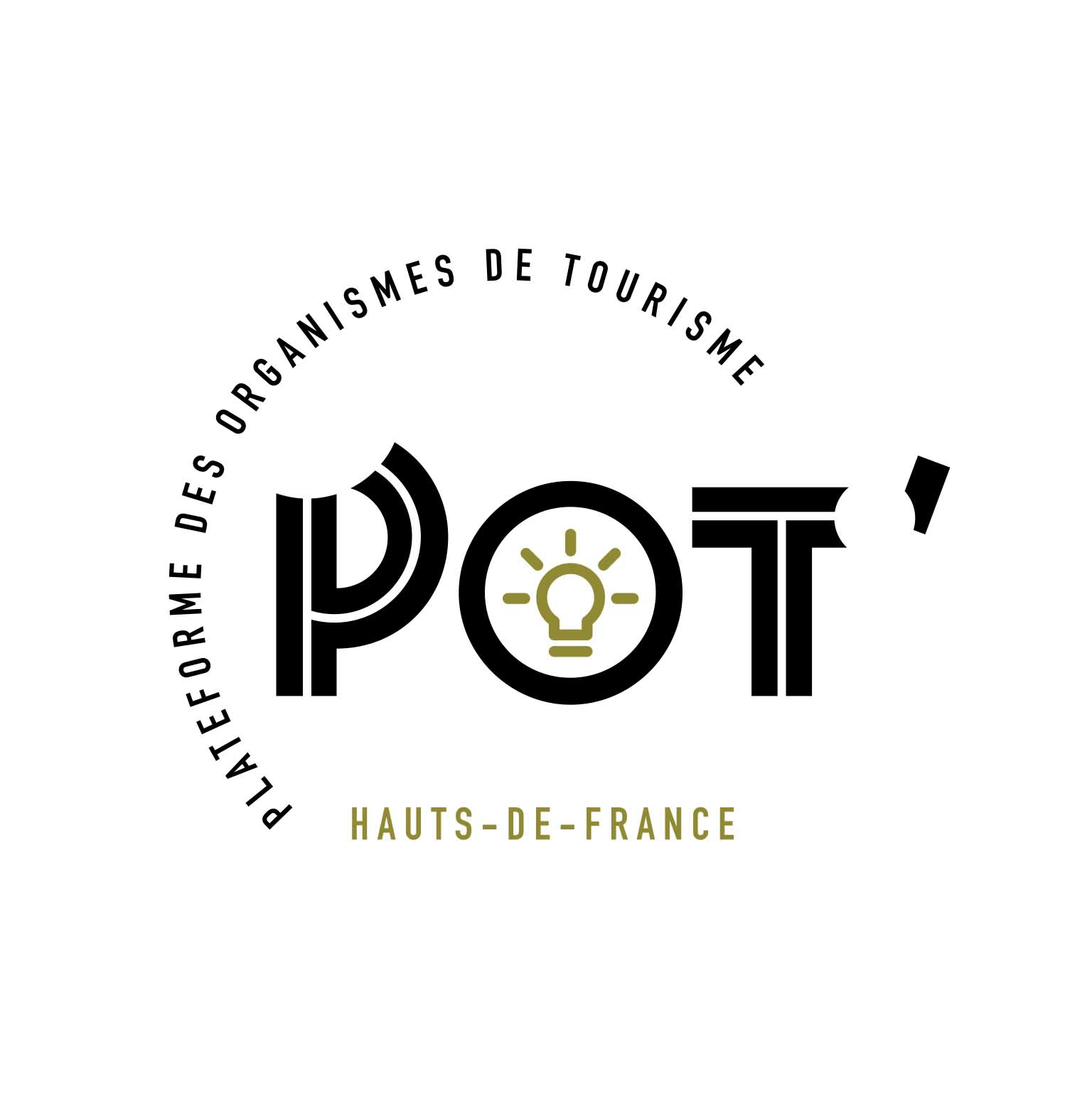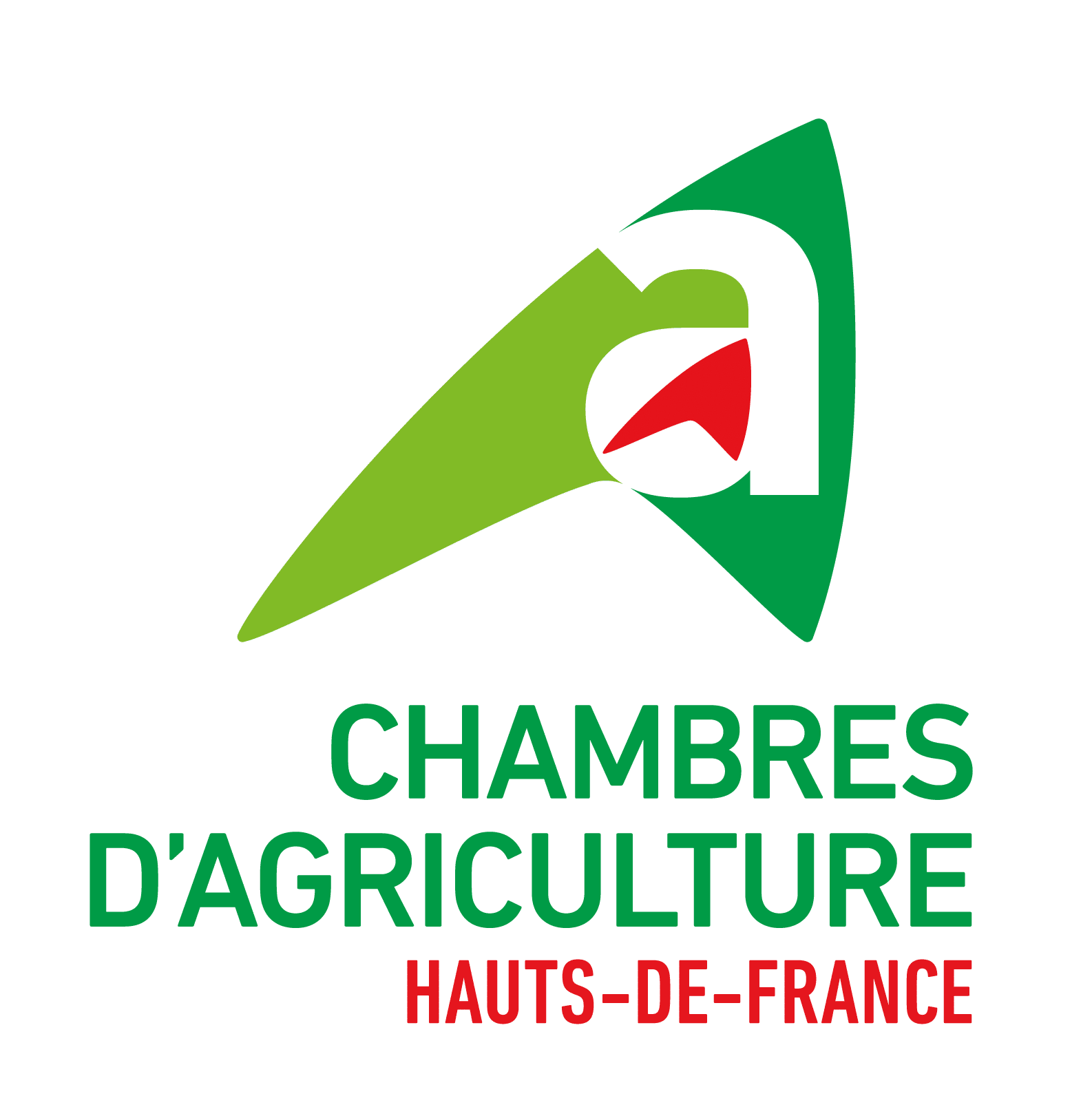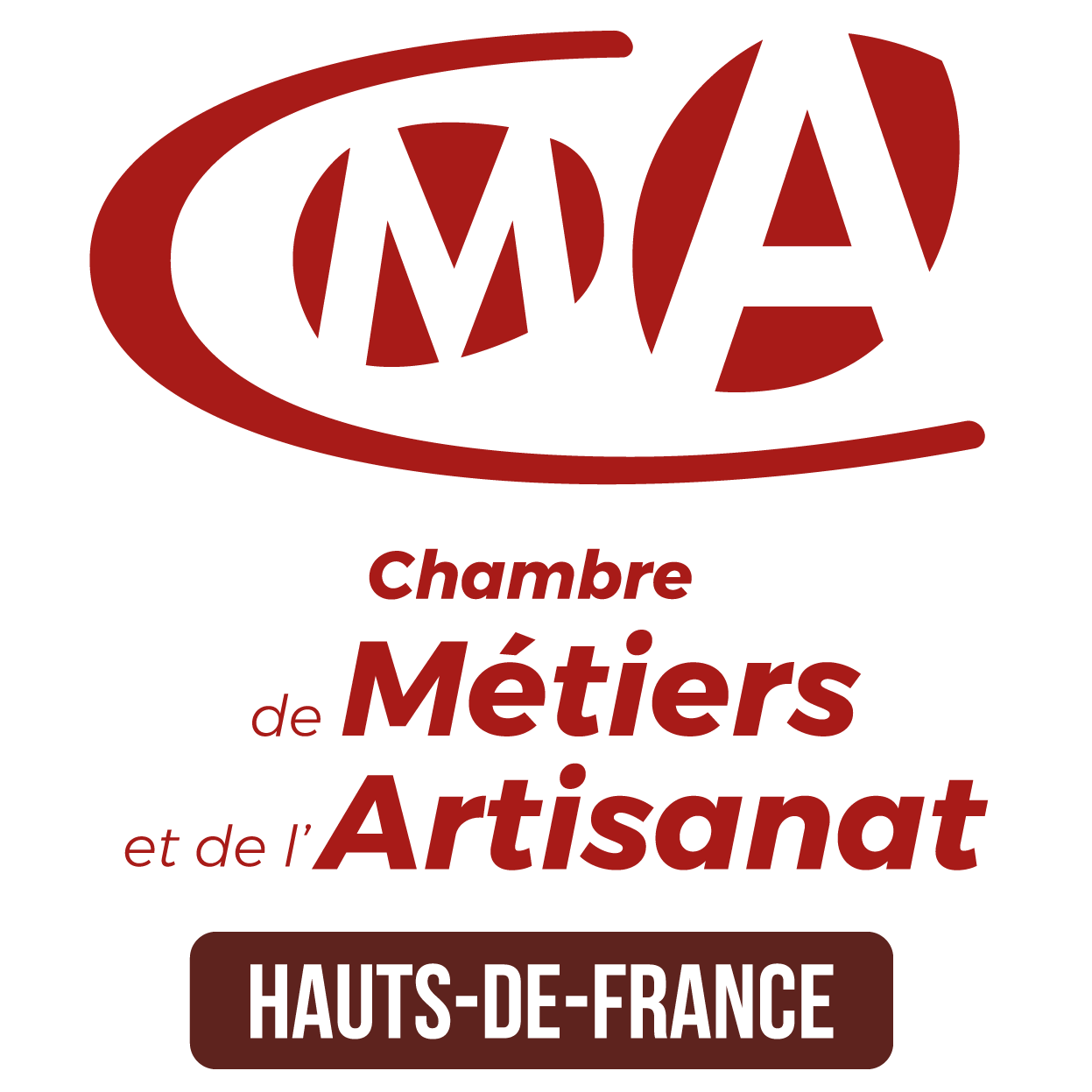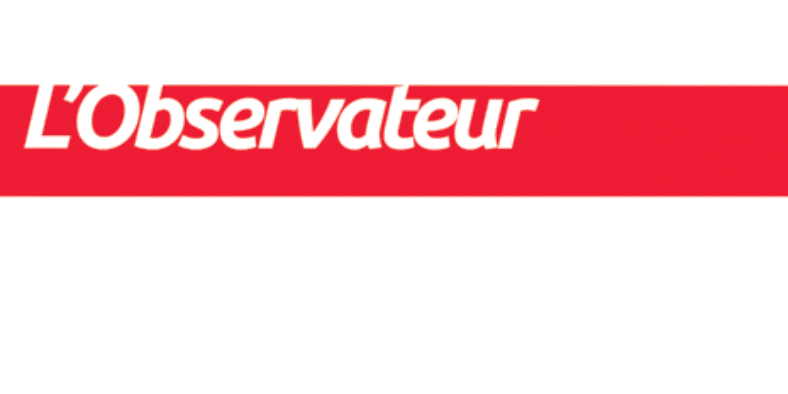As part of the “Rural Flanders” tourism outreach contract 2019-2022 piloted by the Hauts-de-France Region and the Community of Municipalities of Inner Flanders, the National Botanical Conservatory of Bailleul is developing a tourism offer project based on edible wild plants. It is fully in line with the development of a tourism of “better being” and reconnection to nature.
What are the targets?
Urban public, rural public, schoolchildren, adults, amateur pickers, hotel schools, local public


For several years now, the practice of cooking with wild plants has become more popular, and the demand for knowledge and recognition of plants has increased, as have the demands for the concrete use of these plants in food. Many people ask us about the use of this or that species. The Conservatory had to position itself on this subject in order to act as an expert but also to transmit good practices and to raise awareness of the risks related to harvesting.
The entire team of the Education, Training and Eco-citizenship department received training in April 2021 from the training organization “Le Chemin de la nature” founded by Christophe de Hody.
Since the summer of 2020, we have developed outings on wild edible plants with the public on our 25 ha estate. We continue this summer 2021 and aim to perpetuate these outings. The open house of June 2021 “Emulsion botanique” took place under the sign of edible wild plants with the setting up of a round table with the participation of the chef Florent Ladeyn, the butcher and organic breeder Grégory Delassus and Jean-Baptiste Cokelaer, pharmacist, mycologist and author of the book Des cueillettes et des hommes. Numerous outings on wild edible plants were proposed on this occasion and confirmed the very strong interest of our public.
We also wish to develop meals in our gardens “from the picking to the plate” to sensitize the public from the picking in nature to the moment of sharing and tasting. These animations allow to participate in the well-being, the respect of nature, the sharing and the diffusion of knowledge.
These meals could be relocated in many natural spaces of the region and we could involve the chefs of the region. The advantage is that there is a scientific guarantee from the Botanical Conservatory but also a culinary guarantee thanks to the chefs.
We have also thought of making partnerships with hotel high schools which must be developed.
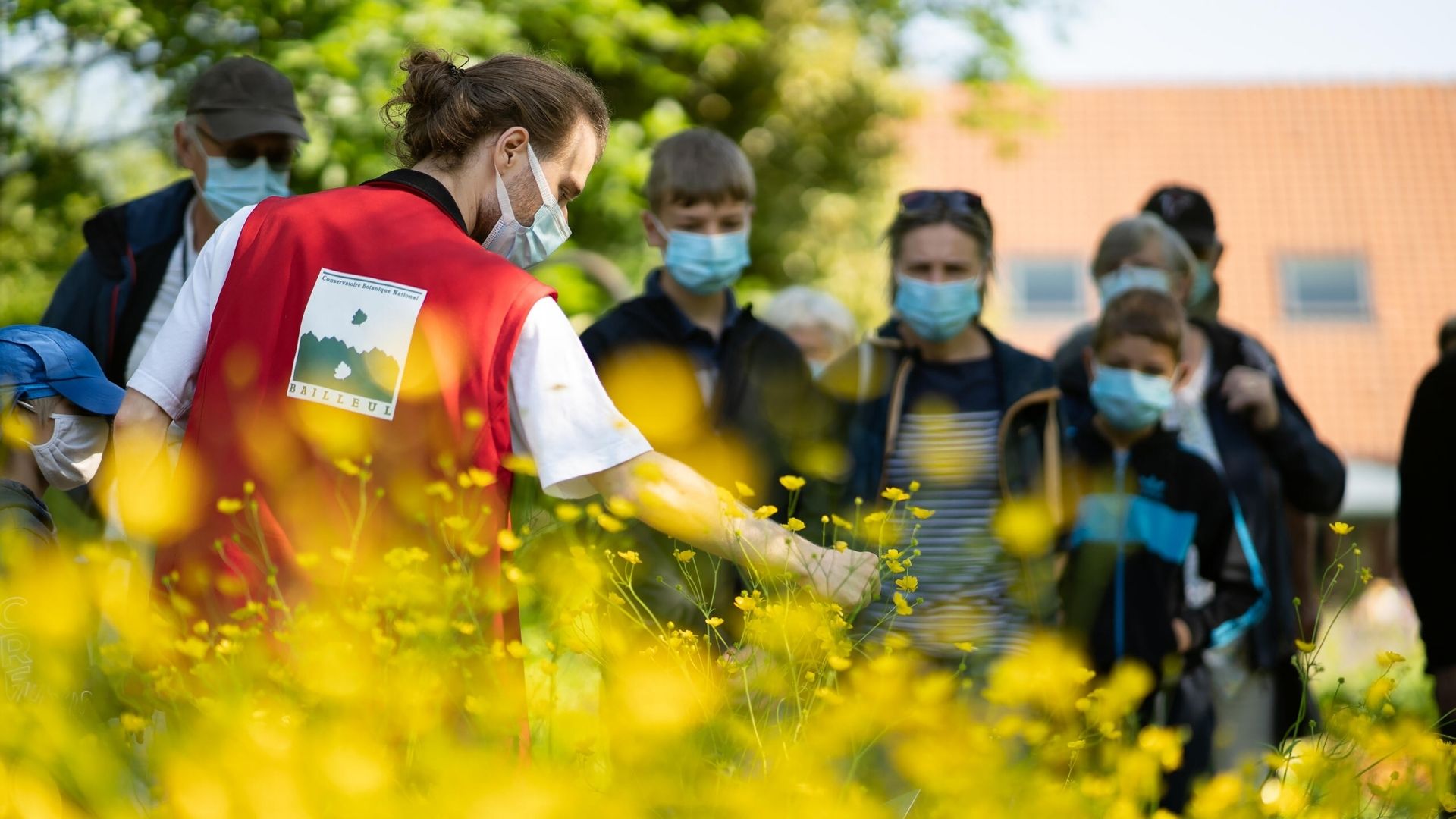
How will your project help promote the gastronomy of the Hauts-de-France region?
Eating wild plants is part of an awareness of the richness of nature but also of their fragility. They bring diversity to the diet and contain many nutrients and vitamins. They sometimes revolutionize an ordinary plate in a very simple way.
Because they require picking before eating, they push people to slow down and observe, to know what they are eating. They require a certain amount of knowledge before being picked, so people are more aware of what they are eating.
A true heritage, wild edible plants contribute to the development of Hauts-de-France and reveal an unsuspected wealth of the territory.
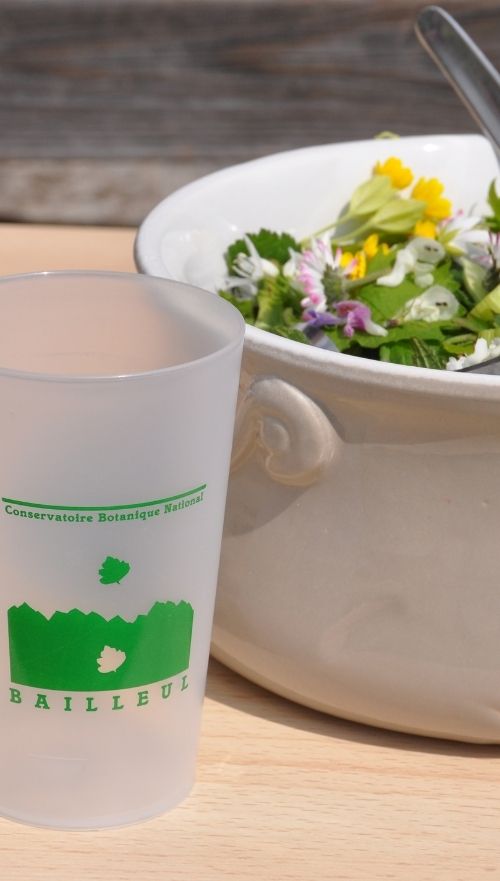
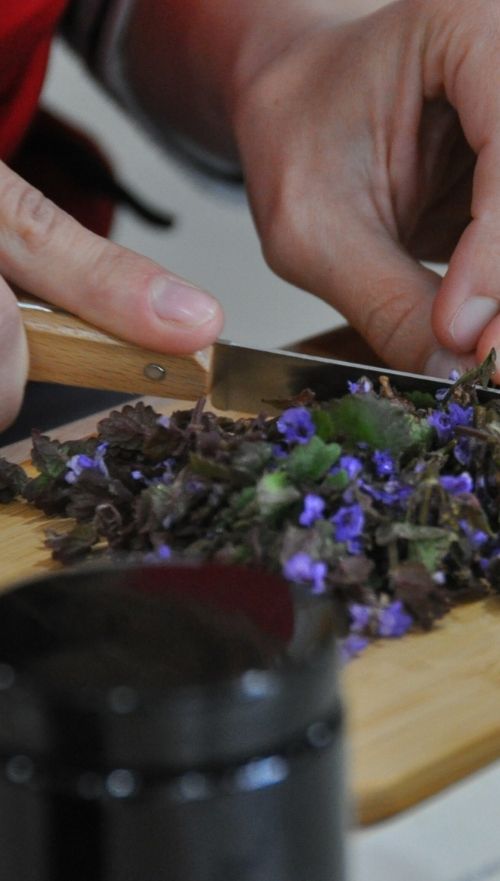
By the National Botanical Conservatory of Bailleul
The Botanical Conservatory of Bailleul (CBNBL) is a scientific organization approved by the State for missions of general interest of knowledge and conservation of the wild flora and vegetations. It provides assistance to public authorities and conducts educational and training activities for various audiences. It is also a resource center on flora and vegetation thanks to a specialized library, herbaria and an information system, Digitale2, which allows to consult millions of data on the flora and vegetation of northwestern France.
DISCOVER ALSO
DISCOVER ALSO
Original dinners in the Saint-Quentin area
The aim of this project is to organise an unusual monthly dinner at a local restaurant.
Entraid’Union
A short-distance supply solution for food professionals in the Lille area.
RONCHIN CINEMA CLUB – A BOIRE et À MANGER
A BOIRE ET À MANGER or how cinema has dealt with the issue of gastronomy in recent years... From the

